The Stanford Building Decarbonization Learning Accelerator (BDLA) hosts workshops for professors who are interested in incorporating the BDLA teaching materials into their existing curriculum or developing a new building decarbonization course.
Upcoming Webinars

BDLA Monthly Webinar: Cooking Up Clarity – Insights on Gas Stoves and their Influence on Indoor Air Quality
May 2, 2024 12pm-1pm PT
Join our May webinar to dive into one of the hottest decarbonization topics in recent years: gas stoves. RMI expert Brady Seals and Dr. Rob Jackson of Stanford are teaming up for a discussion on the burning questions they get about the indoor air quality ramifications of cooking with gas and the health benefits of switching to electric. Bring your own questions for the open Q&A!
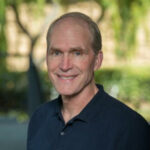
RMI
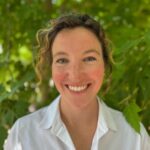
Previous Webinars
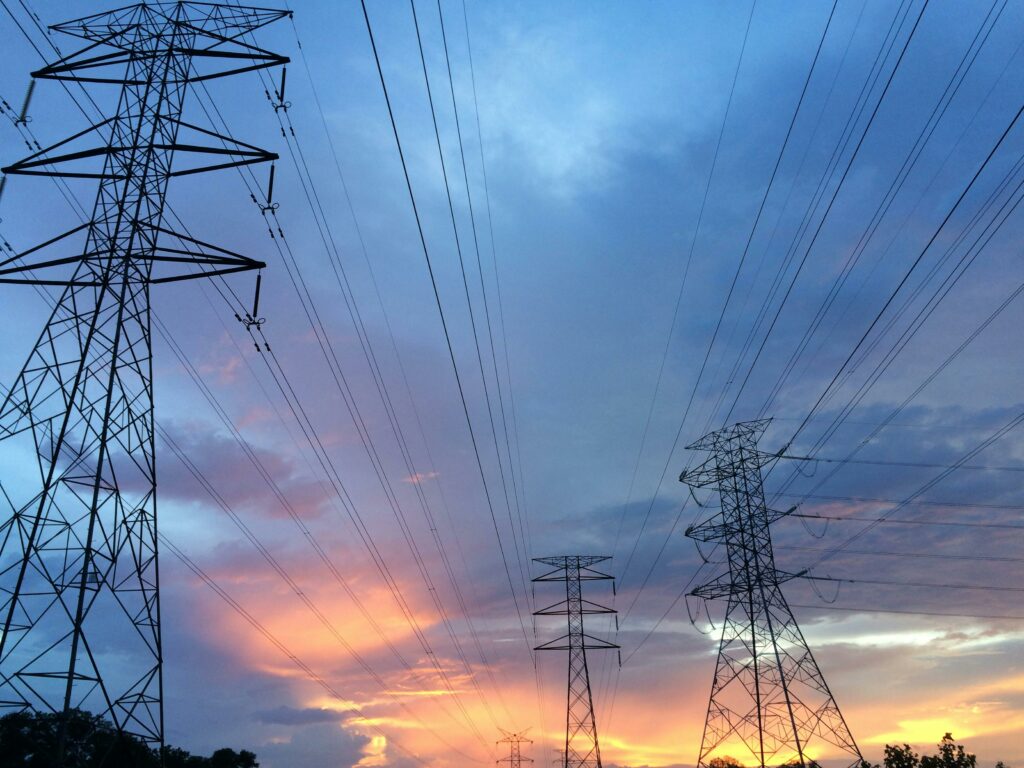
BDLA Monthly Webinar: Building Decarbonization Goes Mainstream – How a Quarter of the US Adopted Electrification Policies
The Stanford Building Decarbonization Learning Accelerator (BDLA) will host a 1-hour webinar with experts from the Building Decarbonization Coalition.
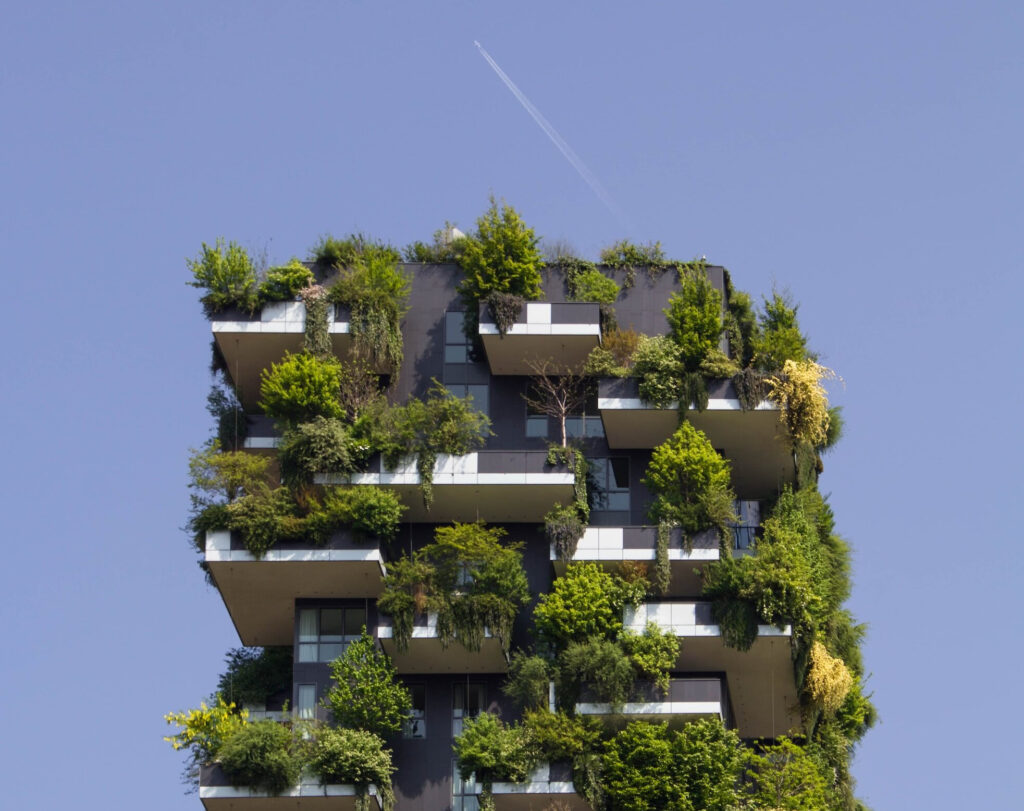
BDLA Monthly Webinar: Build Beyond Zero
40% of global emissions come from the built environment, yet we now see a path beyond zero to buildings absorbing gigatons of carbon every year. Bruce King gave a talk about building technologies both new and ancient that can provide all of our needs as well as help heal the climate.
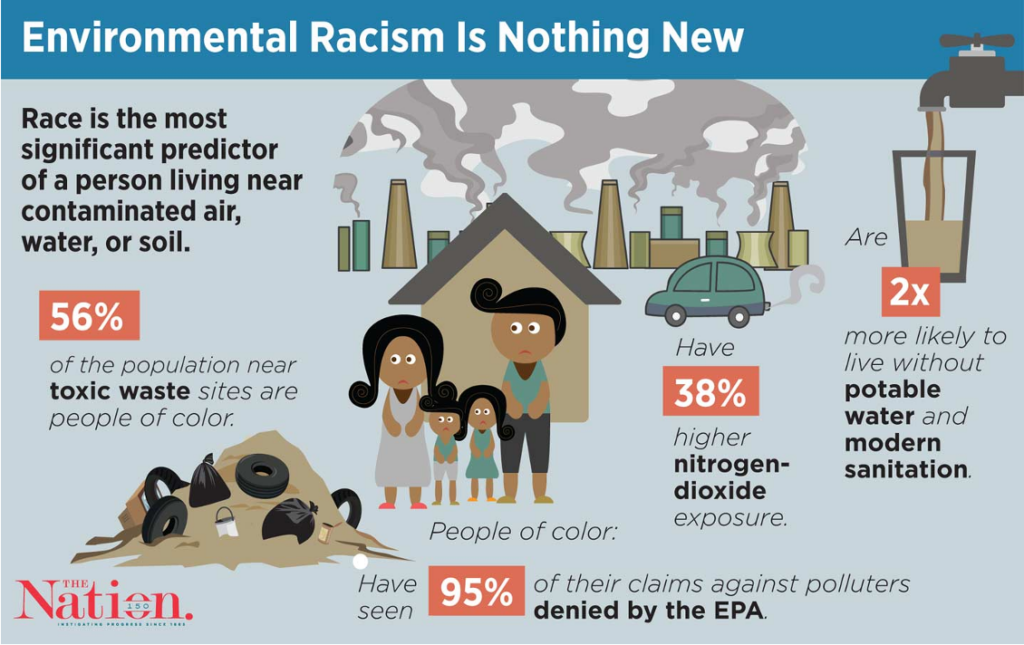
Monthly Webinar: Accelerating Decarbonization with Equity and the Risks of Not
However, decarbonization has the opportunity to exacerbate existing inequalities in health and income or start to address these inequities. This webinar reviewed the risks of continuing as the industry has over the last decade and how equitable solutions can accelerate decarbonization in residential and commercial properties.